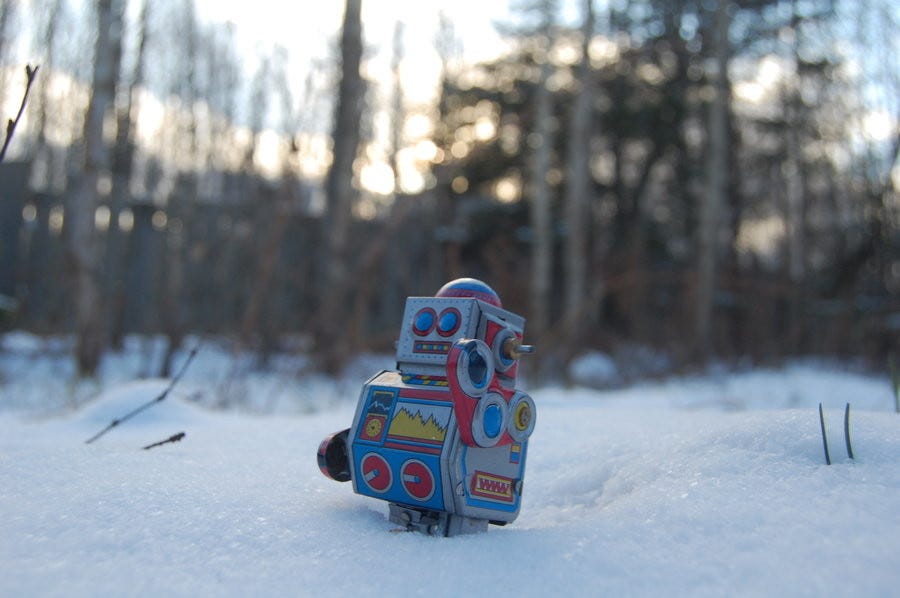We should prevent the next AI Winter ❄️🛑
👋 Hey, Matan here! Welcome to my weekly newsletter. Each week I share my thoughts about product, tech trends and startup stories.
The effect of Overpromise and Underdeliver
We’re at the peak of another AI hype, with AI's being the hot topic everywhere. Grand visions of our AI-driven future are being painted, but are we on the brink of another AI Winter?
An "AI Winter" occurs when AI fails to meet sky-high expectations. Despite significant tech breakthroughs, companies funding dries up, and valuations plummet.
What’s common before every AI Winter is an ecosystem of "over-promise and underdeliver."
Remember what happened with Adept or Inflection? It’s a pattern we’ve seen before. The AI ecosystem is pushing companies to promise grand visions and superior technology, creating a bubble. But the reality is that people would still be thrilled with just 10% of what companies currently promise.
Learning from Past Failures
Jeff Bezos emphasized the importance of "under-promise and over-deliver" in Amazon’s early days. Amazon promised a few weeks delivery but then delighted customers by delivering in two days using Priority Mail - far more expensive but guaranteed.
Past AI Winters didn’t occur due to bad technology or lackluster innovations. They happened because companies made grand promises they couldn’t fulfill.
Today, GenAI represents a transformation ten times bigger and more innovative than anything before.
The tech ecosystem is undergoing a transformation, changing the application interfaces we're used to and how we consume technology. AI-native unicorns are emerging quickly.
But we must avoid over promising. There’s so much we can achieve before promising an "Agentic economy" that we can’t yet even envision. Visionary thinking is essential for innovation, but it must be smart.
To achieve this, we need to focus on AI adoption. While technology has advanced rapidly, our approach to implementing AI from a change management perspective has stalled.
If we want to realize AI's promised future, we need to progress not just the technology but also user adoption. The secrets to successful AI adoption shouldn’t be private to the companies that have figured it out.
We must understand how people are interacting with Gen AI, what are they trying to do with it , does it really help them, what are the outcomes of integrating AI in this way or another ?
We need to start sharing these secrets widely. If we don’t, the exciting AI solutions risk becoming just another piece of shelf-ware, and we might face another AI Winter.
We must set new industry standards, especially in product-focused companies.
The Crucial Role of Non-technical Teams
The burden of over promising often falls on the product teams, not the tech teams. While technology teams push the boundaries of what's possible, it's the product teams who have to manage expectations, deliver on promises, and navigate the gap between visionary ideas and practical implementation. They are the ones who bear the brunt of customer dissatisfaction when promises aren’t met. Therefore, it's crucial for product teams to advocate for realistic expectations and sustainable innovation, ensuring that Gen AI is adopted effectively.
If you missed my article last week on why product teams deserve better tooling, be sure to check it out to learn more about what product teams are missing and need.



